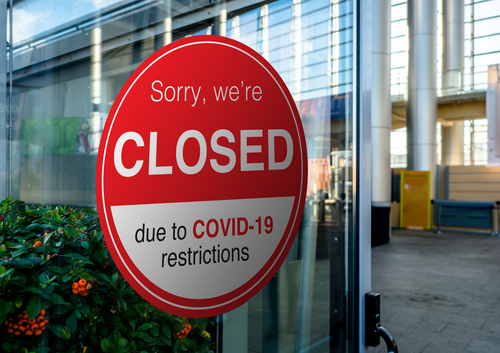
The Pittsburgh Business Group on Health (PBGH) announced last week the release of a report conducted by the group’s analytics partner, Innovu, regarding COVID-19 case data by region and county.
The comprehensive dashboard, which was developed in conjunction with Carnegie Mellon University (CMU), is designed to share an overall picture of how the coronavirus pandemic is impacting each area of the Commonwealth, which is especially vital as Gov. Tom Wolf announced April 28 his rolling process to reopen the Pennsylvania economy. CMU has also partnered with the Commonwealth to create a data-driven decision support tool that will enable a balance between maximizing positive economic results and minimizing public health risks.
“While the information captured represents only a few of the factors being used to determine when it is safe to open the state, the Innovu analytics engine provides key insights into where each county stands in the fight against COVID-19 and gives guidance to local and state leaders who are considering the impact on citizens,” PBGH CEO and Executive Director Jessica Brooks said. “Moreover, it provides crucial metrics and considerations for employers to use as they work to reopen their businesses.”
Through its analysis, Innovu is beginning to measure the effectiveness of various mitigation efforts implemented at county levels. The dashboard data shows the number of new COVID-19 cases per 100,000 residents over 14 days.
According to the most recent data as of May 1, the majority of eastern Pennsylvania counties are seeing 56 cases or more within a two-week period. For example, Montgomery County has 830,915 residents. According to Innovu’s report, the county’s 14-day target for new cases should be 415. The latest data showed a negative 424 percentage of target with 1,763 new cases reported. Allegheny County, in contrast, has more than 1.2 million residents. Its 14-day data showed 364 cases, significantly lower than the reports target total of 608.
The 14-day rolling approach is being driven by science and data, PBGH said, to ensure the continued safety of all state residents as mitigation efforts succeed in flattening the curve.
“As part of the larger re-opening plan, we want to provide our employer-members and others with the peace of mind they need to make important decisions regarding their businesses, particularly for the safety and wellbeing of their employees and families,” Brooks said.
PBGH is the region’s only non-profit business coalition helping to protect an employer’s ability to provide high-quality, accessible healthcare for employees.